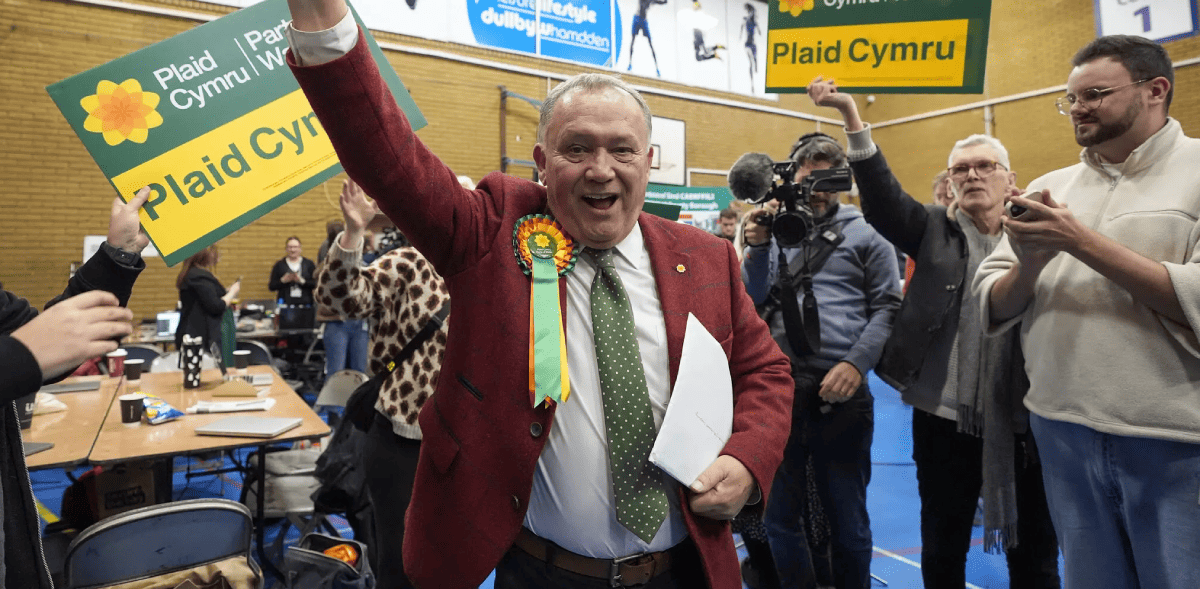Deep Learning, Shallow Thinking: How Britain Wastes the AI Revolution
AI represents a cognition revolution like the internet in 1998, but Britain's conflicted intentions from mass migration undermine its potential. While deep learning can amplify human prosperity, our culture clash, declining GDP per capita, and economic mirage prioritise growth over meaning.






